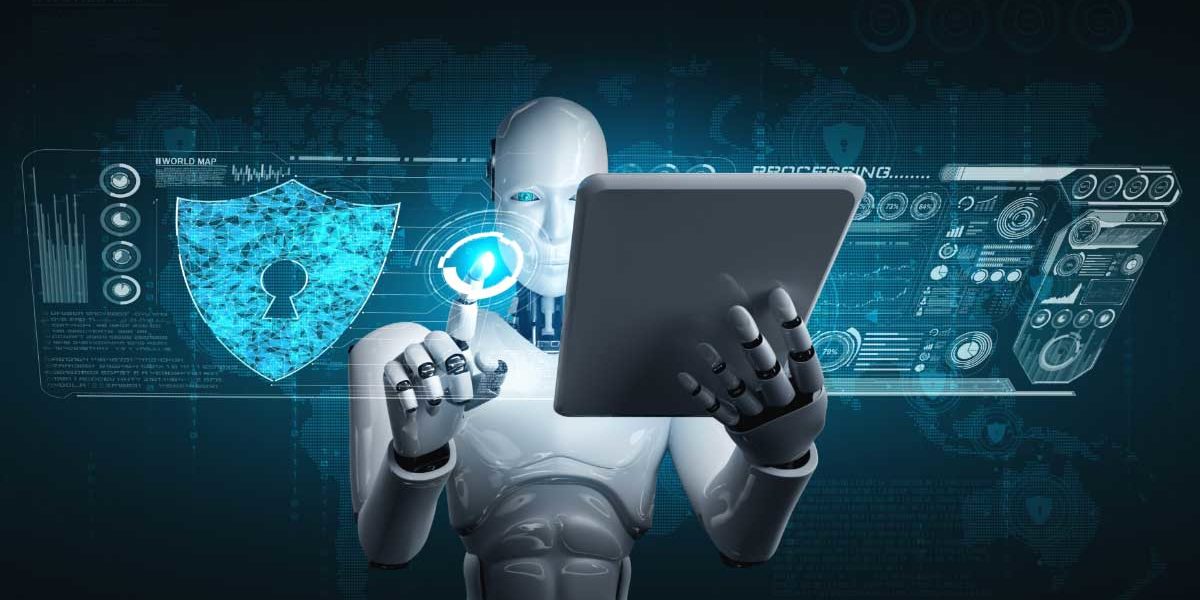Machine Learning Methods enables computers to access hidden views and forecast results, leading to extraordinary changes to businesses.
Intel Vice president and General Manager Wei Lei say “machine learning is becoming more sophisticated with every passing year. And, we are yet to see its full potential—beyond self-driving cars, fraud detection devices, or retail trends analyses.”
So, how will be the future of Machine Learning? How will it influence our world in the future?
Below are top predictions futures of machine learning:
Enhanced Unproven algorithms
In machine learning, unproven algorithms are engaged to make forecasts from datasets when only input data is accessible without corresponding output variables.
Whereas in proven learning the productivity of the algorithm is already known, its unproven counterpart is strongly connected with true artificial intelligence—the idea that a machine can learn to recognize complicated procedures and patterns without any direct human involvement.
When algorithms are left alone to rub and present the motivating patterns in a dataset, unknown patterns or groupings can be exposed, which could have been complex to get using proven methods.
In the coming years, we are expected to see enhancements in unproven Machine Learning Algorithms. The improvement in building better algorithms will outcome in faster and more correct machine learning predictions.
Improved Personalization
Personalized Machine Learning Algorithms are utilized to provide suggestions to users and entice them to full sure accomplishments.
With such algorithms, you can create the in sequence in a data and make proper wrapping ups, such as a person’s happiness.
For instance, an algorithm can infer from a person’s browsing movement on an online retail website and determine that he is interested in buying a mower for his garden.
Without that approaching, the purchaser could have gone the website defect making a buy.
Now, some of such suggestions are wrong and irritating, which cripple users’ experiences. Though, in the future, the personalization algorithms are expected to be modifying, leading to far more helpful and unbeaten experiences.
Better Cognitive Services
Cognitive services cover a set of Machine Learning Services and SDKs, and APIs, which let developers comprise intelligent abilities into their apps.
With such services, developers can allow their applications to perform various duties, such as speech detection, vision recognition, and speech understanding.
As technology keeps growing, we are expected to see the development of intelligent apps that can, even more, speak, hear, see, and still reason with their surroundings.
So, developers will be able to develop more engaging and discoverable apps that can successfully interpret users’ requirements based on natural communication methods.
Improved Adoption of Quantum Computing
Quantum Machine Learning Algorithms have the perspective of changing the machine learning field. For instance, these algorithms can use the advantage of quantum computation to improve the abilities of classical methods in machine learning.
If quantum computers are incorporated into machine learning, it could lead to quicker processing of data, which could accelerate the capability to create information and draw insights—and that’s is what the future holds for us.
Quantum-powered systems will offer a much faster and more heavy-duty calculation to both proven and unproven algorithms.
The improved performance will unlock amazing machine learning abilities, which may not have been recognized using classical computers.
Rise of Robots
As machine learning is becoming more complicated, we’ll see improved usage of robots. Robotization lies in machine learning for achieving a range of purposes, as well as robot vision, self-proven learning, and multi-agent learning.
Soon, we imagine robots to become smarter at achieving tasks. Robots, drones in manufacturing places, and other kinds of robots are expected to be used ever more to make our lives simpler.
Wrapping Up
Machine learning or Machine Learning Services is one of the most disrupting technologies of the 21st century. Though this technology can still be measured to be promising, its future is bright. The above predictions have just broken the exterior of what could be possible with machine learning.
In the coming years, we are expected to see more superior applications that extend its abilities to incredible levels.



